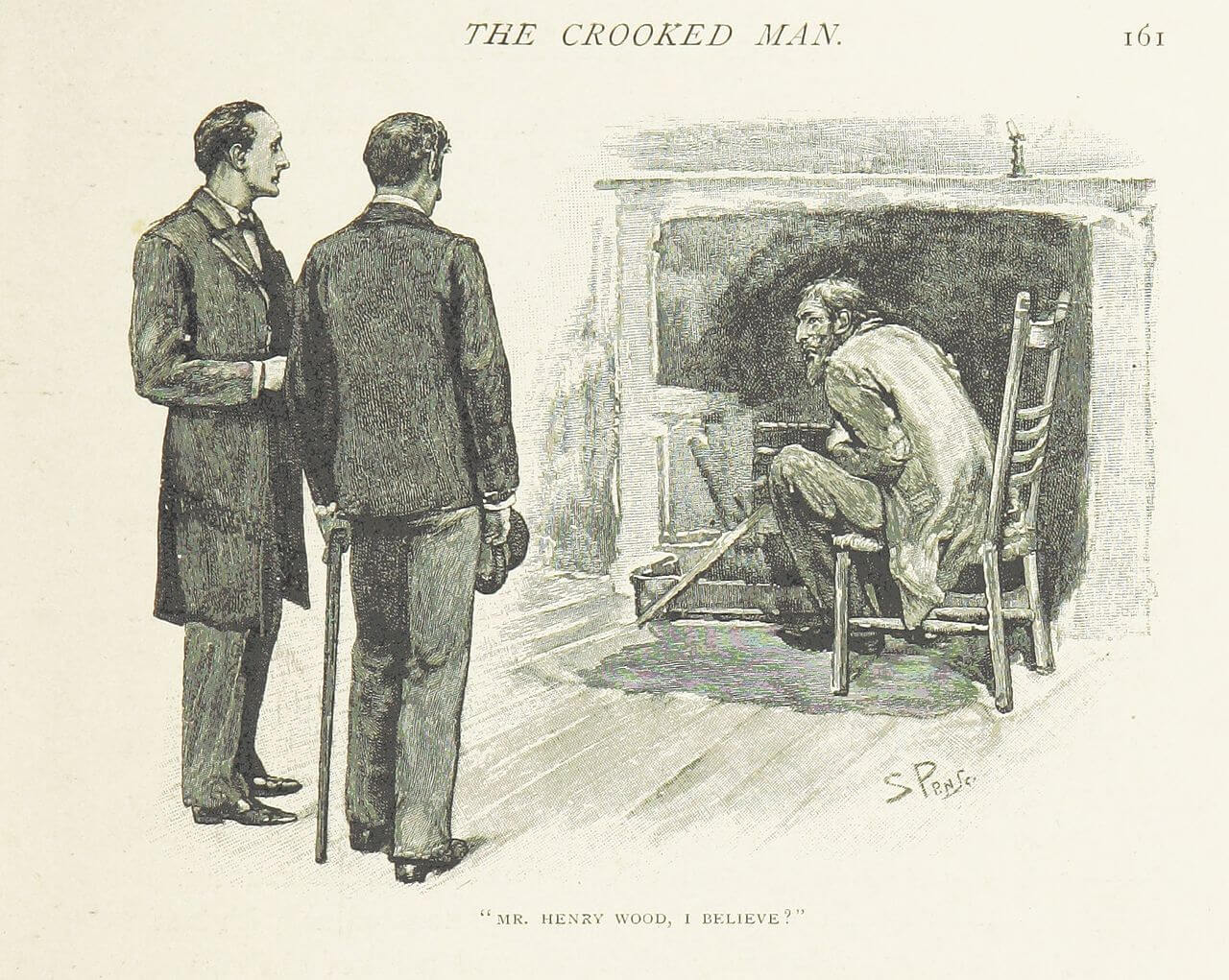Conventional wisdom says that men are more prone to cheating. Infidelity fuels the male ego, making them feel more desirable and capable. Women, on the other hand, are basically programmed for long-term relationships and monogamy. But are they really?
A study from the University of Indiana revealed that while there’s little variance in the rates of infidelity reported between men and women – 23.2% and 19.2%, respectively. It’s the reasons for infidelity where there’s a more significant difference.
For men, it’s the threat of “performance concerns” and “performance consequences”, as well as the ease in which one is sexually aroused were predictors of infidelity. For women, it’s more of the relationship factors like happiness and compatibility that affect their loyalty to their partner. It’s this nurturing, intimacy-seeking nature of women that also makes their cheating a bit underreported.
The Picture of a Cheating Partner
Most men, when they cheat, want sex with no strings attached; this is why websites like Ashley Madison have a largely male user base. Men are also more likely to give in to their egos. If a man is wealthy, good-looking, and smart, he is more likely to attract the attention of women. This further fuels a feeling of superiority, feeding into the sense that infidelity is an option.
Women, on the other hand, crave oxytocin – the feel-good hormone. They continue to look for emotional connections even in extramarital affairs. Women tend to meet up and go on dates first to get to know the person, for example, before they go ahead and cheat.
This is because the typical cheating woman is driven by loneliness, usually brought about by a lack of satisfaction in her current relationship. This feeling of loneliness may be even worse for housewives, who tend to be alone for hours at home, only to have her husband (who may already be engaged in an affair) neglect her further when he comes home.
This is why more husbands feel the urge to hire professionals to investigate their spouse. They begin to feel that they are losing their emotional connection with their wives, and want to find out who is causing the rift. On the other hand, while women may still choose to hire private investigators, finding the initial proof of their husband’s infidelity may be as easy as snooping through text messages or emails. Darrin Giglio, Manhasset NY private investigator, says that men tend to have a more egocentric take in approaching infidelity and thus take bolder, even careless, actions when they do cheat.
Women Invest in a Relationship
When women cheat, they are more invested in both the process and the outcome. Instead of treating it in the way most men do – “It’s just sex! It doesn’t mean anything!” – women feel more strongly about their affairs and give them meaning, so that these affairs are more fulfilling for them.
This also means that women tend to recognize the risks when they do cheat. They think longer and harder about their situation, as opposed to men who may just “give in” and dive headlong into an affair without thinking about the consequences. For women, infidelity doesn’t “just happen” because it is already a result of a long, careful process of evaluating their current relationship, and what they can gain and lose if they pursue an affair.
All these point to a singular conclusion: women who are in happy, emotionally satisfying relationships are less inclined to cheat. Affair-proofing your relationship might be as simple as staying connected, working out small problems before they become bigger ones in the long run.





